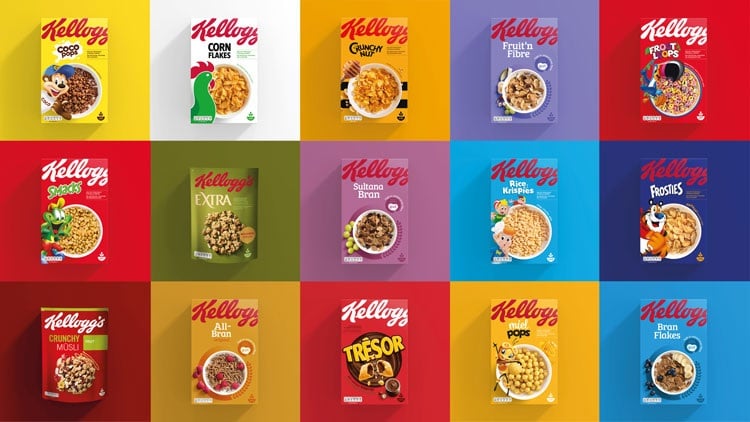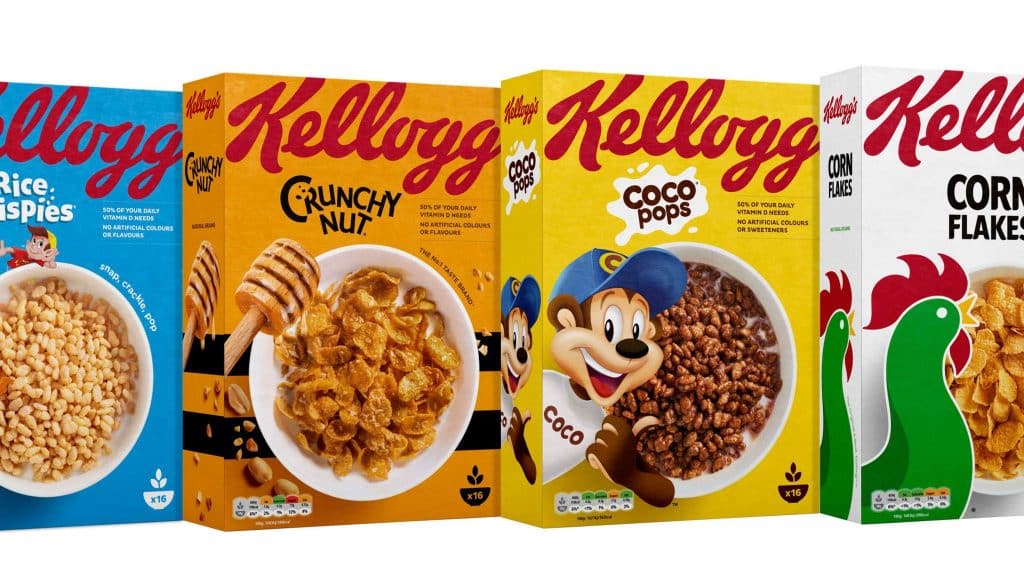In recent years, many people have chosen to stop buying Kellogg’s products. This boycott has raised questions about what caused it and why it continues. In this article, we’ll break down the main reasons behind the Kellogg’s boycott and explain the controversy surrounding the cereal brand.
Origins of the Boycott
The Kellogg’s boycott began in November 2016. It started when Kellogg’s pulled its advertising from a controversial news site, Breitbart. The cereal company stated that Breitbart did not align with its values. In response, Breitbart called for its readers to boycott Kellogg’s products. This led to a social media campaign urging people to stop buying Kellogg’s cereals.
Kellogg’s Boycott: Labor Disputes

Another reason for the Kellogg’s boycott is related to labor disputes. In 2021, Kellogg’s workers went on strike to protest long working hours, cuts in benefits, and plans to move jobs to Mexico. The strike lasted for several weeks and gained a lot of media attention. Many consumers supported the workers and joined the boycott as a way to show their solidarity.
Environmental Concerns
Environmental concerns have also played a role in the Kellogg’s boycott. Some people criticize the company for not doing enough to protect the environment. They point to Kellogg’s use of palm oil, which has been linked to deforestation and loss of wildlife habitats. These environmental issues have led some consumers to avoid Kellogg’s products in favor of more eco-friendly brands.
Kellogg’s Boycott: Health and Nutrition
Health and nutrition concerns are another factor contributing to the boycott. Critics argue that many Kellogg’s cereals contain high amounts of sugar and artificial ingredients. They believe that these products are not healthy for children or adults. As a result, some people have decided to stop buying Kellogg’s cereals and choose healthier options instead.
Social and Political Issues

Social and political issues have also influenced the Kellogg’s boycott. Some consumers disagree with the company’s political stances and actions. For example, Kellogg’s has been involved in various social justice campaigns, which some people support while others oppose. These differing opinions have led to a divided consumer base, with some choosing to boycott the brand.
Kellogg’s Boycott: Impact on Kellogg’s
The boycott has had a noticeable impact on Kellogg’s. The company has faced public criticism, decreased sales, and a tarnished reputation. In response, Kellogg’s has made efforts to address some of the concerns raised by the boycott. They have pledged to improve labor practices, reduce their environmental impact, and create healthier products. However, the boycott continues, and it remains to be seen how effective these changes will be in winning back consumers.
Conclusion
The Kellogg’s boycott is a complex issue with multiple factors driving it. From labor disputes and environmental concerns to health and nutrition issues, there are many reasons why people are choosing to avoid Kellogg’s products. As the company works to address these concerns, the long-term impact of the boycott will become clearer.
